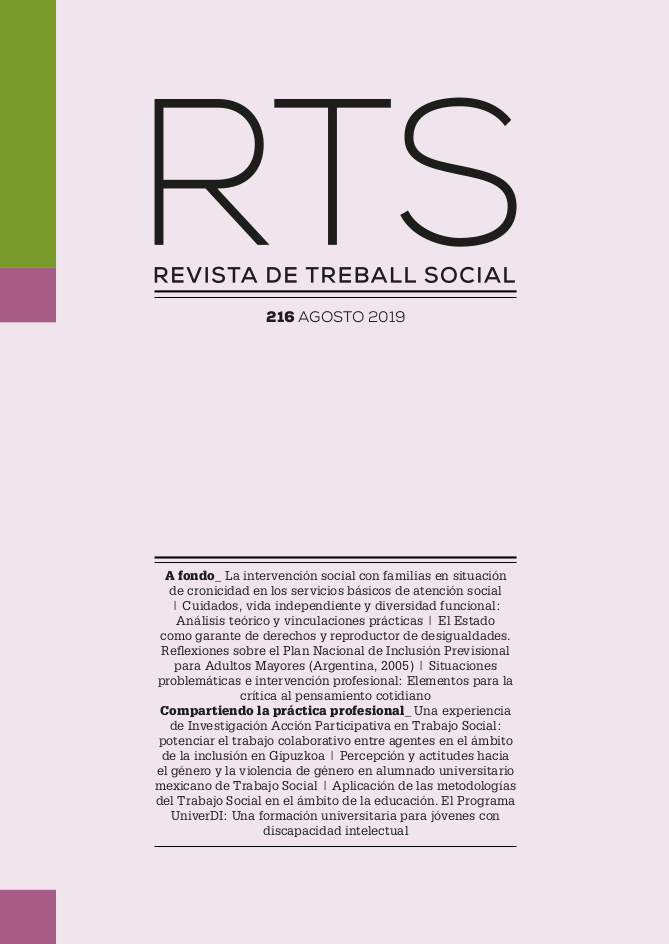This article contributes to the reflection on state policies from their twofold perspective as a facilitator of citizens’ rights and, at the same time, a breeding ground for social inequalities, taking the National Pension Inclusion Plan for the Elderly (2005), implemented in Argentina, as a point of reference and an empirical tension for the purposes of considering these state actions. It is recognized that, as a result of the plan, total pension coverage for more than 90% of the elderly adult population has been achieved; indeed, its main core of impact has been on the female population, given that 73% of new beneficiaries are women while the remaining 27% are men.
Picking up on authors with an acknowledged track record, the problems brought about by the concept of inequality, work, and social security are addressed, acknowledging that there are increasingly higher levels of labor fragility and social neglect. It should be borne in mind that Latin America is one of the most unequal continents in the world.





